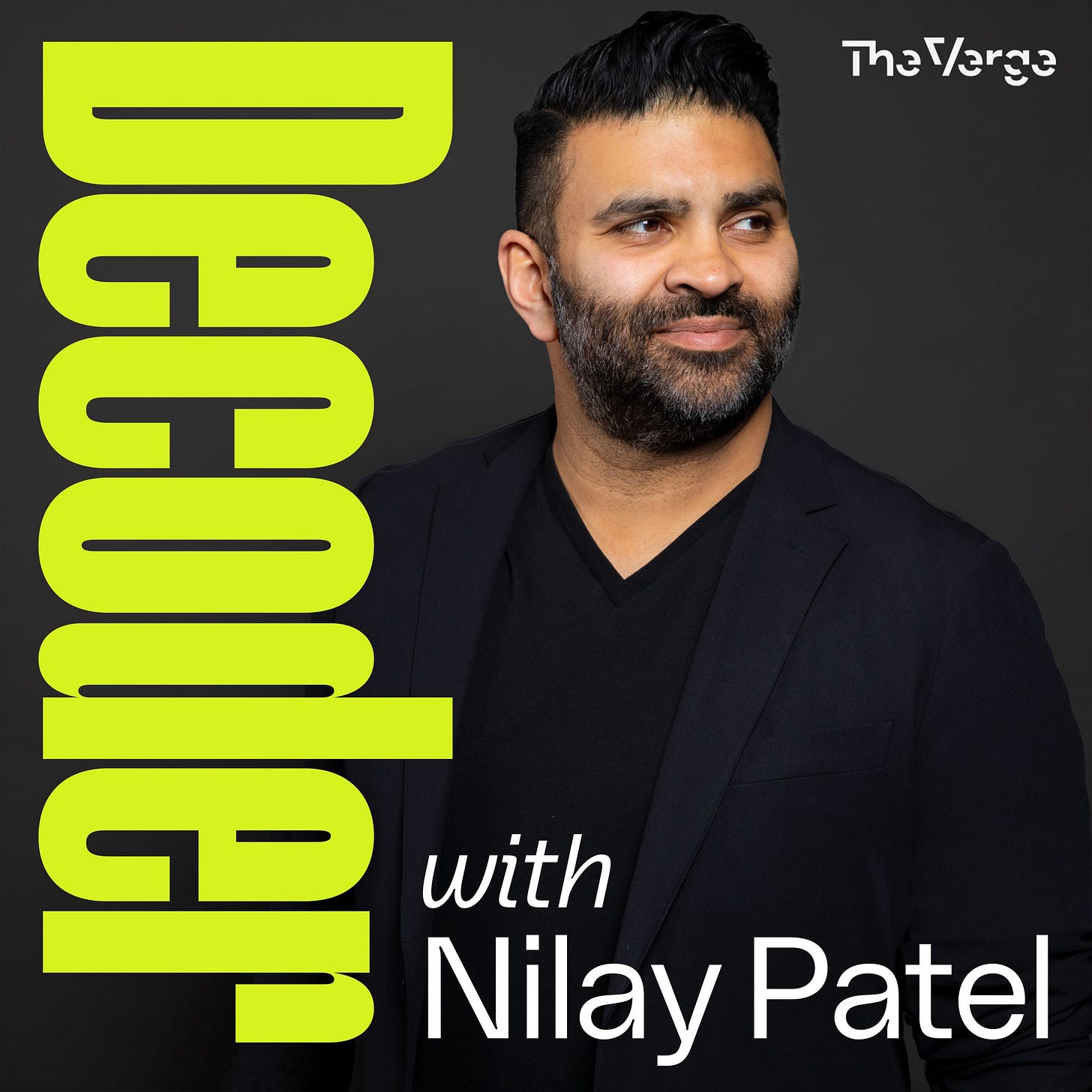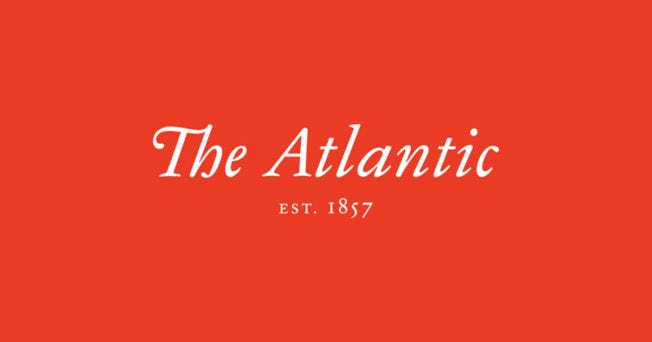AI: Glimpse into an OpenAI content licensing deal. RTZ #415
...creating win/win balancing acts between litigation and negotiation
Some times, even a quick glimpse into how the sausage is made is enough. Long time readers here know I’ve long discussed the ongoing tussles between LLM AI companies and the owners of the vast repositories of internet content used to train the ever scaling LLM models. How these complex issues are litigated and negotiated, over large amounts of time, effort, and coin expended.
Specifically at these early stages of the AI Tech Wave , what comprises ‘Fair use’ in using ‘Extractive Data’ techniques to crawl and curate that data to train ever larger, exponentially scaling AI models.
In the similar battle over internet Search, where Alphabet/Google became the defacto ‘Winner taking Most’, the rewards for content websites manifested in traffic flows back from Google Searches, and at times cash compensation.
A repeat of that scenario is of course being both litigated and negotiated, as I’ve discussed in previous posts. And in recent months, the major LLM AI companies like OpenAI, Google and others are both the subject of litigation from the likes of the New York Times and many others, and increasingly signing content training and inference deals with many content publishers. While continuing to swerve into AI content ‘Gray Zones’ as I’ve also discussed.
So I thought it’d be useful to see as much as we can how the negotiation ‘Sausage’ is made as best we can. The Verge in a lengthy piece titled “Why the Atlantic signed a deal with OpenAI”, provides a deeper look at how these deals come about and are neogitated in a ‘Win/Win’ configuration for both sides. Editor-in Chief Nilay Patel explains introducing the Decoder podcast interview for the Verge:
“Today, I’m talking to Nicholas Thompson, the CEO of The Atlantic, one of the oldest magazines in the United States — like really old. It was founded in 1857 and is now owned by Laurene Powell Jobs, whose last name I am certain that Decoder listeners will recognize.”
“I was really excited to talk to Nick — like so many media CEOs, he just signed a deal allowing OpenAI to use The Atlantic’s vast archives as training data, but he also has a rich background in tech. Before he was the CEO of The Atlantic, Nick was the editor-in-chief of Wired, where he set his sights on AI reporting well before anyone else, including me. So he’s been paying attention to this for a long time.”
“I also asked Nick why he was willing to sign a deal with OpenAI in the first place, and why now when there’s so much general unhappiness about AI companies using other people’s work without permission, and specific unhappiness with OpenAI. You’ll hear Nick explain that what he really wanted to get back was a sense of control: Control over how much data was being used, how results were being displayed, and, of course, over how much money The Atlantic was being paid.”
“You’ll hear Nick say this all sounds like OpenAI is gearing up to build a next-generation search product, which of course led us to talking about Google and whether getting Google to pay for AI search is a realistic goal.”
“I was also really interested in asking Nick about the general sense that the AI companies are getting vastly more than they’re giving with these sorts of deals — yes, they’re paying some money, but I’ve heard from so many of you that the money might now be the point. That there’s something else going on here, that maybe allowing creativity to get commodified this way will come with a price tag so big money can never pay it back.”
The Q&A that follows is worth either listening to and/or reading the curated transcript provided. Although it is lengthy given the wide array of tactical and strategic issues at play, it is well worth the time to listen/read and digest. Especially on the rapid interplay on how new content is being exponentially created out of massive computations on old content. Building ‘On the Shoulders of Giants, Go-Getter Creators & Grunts (OTSOG)’, as I described it a few months ago.
The big take away though from my perspective is that the industry this time is learning from its experience with past technology waves, and is proactively leaning into playing both defense and offense in their long-term interests. As the Atlantic CEO Nicholas Thompson at one point says:
“We can go through it in complex way or the simple way. The simple way is we believe it provides revenue, but more importantly provides a potential traffic source. Provides an avenue for a product partnership that could be very beneficial, and that provides a way for us to help shape the future of AI.”
“AI is coming, it is coming quickly. We want to be part of whatever transition happens. Transition might be bad, the transition might be good, but we believe the odds of it being good for journalism and the kind of work we do with The Atlantic are higher if we participate in it. So we took that approach.”
This proactive, positive approach likely defines the pragmatic state of play for most content providers in this AI Tech Wave at this early point. Be they print, music, video and other forms of content publishers on the internet. The dynamics of the negotiations and the competitive landscape are rapidly shifting.
But the eventual adoption of these AI technologies into the daily habits and behavior of billions of mainstream users in the next few years, makes it imperative for media business of all types to figure out how best to sail their businesses through these turbulent, raging AI waters. Stay tuned.
(NOTE: The discussions here are for information purposes only, and not meant as investment advice at any time. Thanks for joining us here)










